Philanthropy and Volunteerism: Social Work

Helen Goldmark Adler
Helen Goldmark Adler is remembered for her philanthropic achievements and her marriage to Felix Adler, philosopher and founder of the Ethical Culture Movement. In turn-of-the-century New York, Adler penned articles, established a free kindergarten for children with working-class parents, and founded an organization focused on the science of child-rearing.
Anna Marks Allen
Anna Marks Allen was part of a group of Philadelphia Jewish women who established and ran the first independent Jewish charitable societies in the United States. At a time when congregational Jewish life was restricted to men, Jewish women of Allen’s social status increasingly turned towards philanthropy as a way to participate in the public life of the Jewish community.
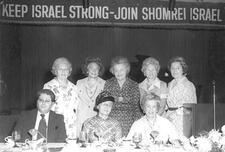
AMIT
Argentina: Philanthropic Organizations
Jeannette Arons

Assimilation in the United States: Nineteenth Century
Associazione Donne Ebree D'Italia (ADEI)
The Association of Italian Jewish Women, or ADEI, was founded in 1927 in the city of Milan, Italy, home to the second largest Jewish community in the country.
Sophie Cahn Axman
Edith Jacobi Baerwald
Edith Jacobi Baerwald devoted her energy to philanthropic organizations, but she also loved connecting directly with the people she helped through her volunteer work at settlement houses. She considered volunteer work a social obligation and poured her time and tireless energy into numerous projects.
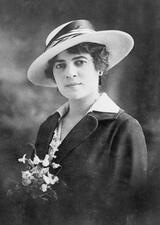
Clarice Baright
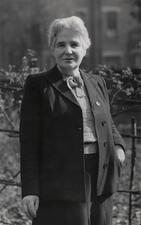
Helen Bentwich
Helen Bentwich was an active community organizer, activist, and local politician. She and her husband, Norman, aided in helping people escape Nazi persecution and split their time between Palestine and England for many years.
Margarete Berent
Margarete Berent was the first female lawyer to practice in Prussia and the second female lawyer ever licensed in Germany. In 1925 she opened her own law firm in Berlin and, after fleeing Nazi Germany, opened her own firm in the United States. Not only was she the first female lawyer and the head of her own law firm, but she was also an ardent feminist and active in promoting opportunities for women.
Dorothy Lehman Bernhard
Madeleine Borg
Madeleine Borg, a juvenile rights advocate, is known for reframing juvenile rehabilitation efforts in both Jewish and non-Jewish communities. Borg founded the American Big Sisters movement in 1912 and went on to establish the Council Home for Jewish Girls.
Anna Pavitt Boudin
A dentist by career, Anna Pavitt Boudin is remembered for her prominent role in the American’s Women ORT. While maintaining her own private dental practice, Boudin became the founding president of Women’s American ORT, an organization that grew to be one of the largest Jewish women’s organizations in the United States.
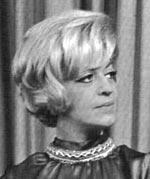
Brazil, Contemporary
Brazil is home to the second largest Jewish community in South America. Jewish women played important roles in the absorption of Jewish immigrants from Europe, the Middle East, and North Africa, and also made important contributions to Brazilian intellectual and artistic life.
Britain: Nineteenth and Twentieth Centuries
Since being allowed to resettle in 1656, Jews in Great Britain have established deep community ties throughout their diverse community. Class differences between early Sephardic settlers and the later wave of Ashkenazi immigrants gave rise to numerous Jewish charitable organizations, in which women played a key role.
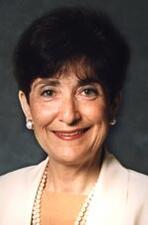
Sandra Brown
Sandra (Sandy) Brown, an outstanding leader of the Toronto Jewish community at the turn of the twenty-first century, is one of the most influential and effective leaders of Toronto Jewry, highly regarded as a person of extraordinarily broad experience, unfailing fairness and commitment, and unusually deep knowledge of education.
Emilie M. Bullowa
As a lawyer and activist, Emilie M. Bullowa devoted her life to justice for the disenfranchised. Her colleagues, as well as many judges, respected her attitude as a woman in a field then dominated by men: She took pride in being a lawyer, rather than in being a female lawyer.
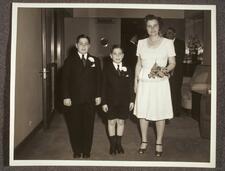
Helen Lehman Buttenwieser
As a lawyer, Helen Lehman Buttenwieser fought to protect children in the foster care system. Throughout her life in the law she served as an important role model for many women attorneys.
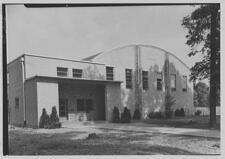
Cedar Knolls School for Girls
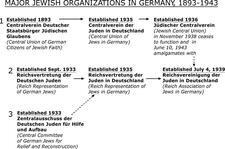
Central Organizations of Jews in Germany (1933-1943)
During the Nazi regime, the political participation of the League of Jewish Women in the affairs of the Jewish self-help organization the Reichsvertretung was initially unwelcomed by male leaders, despite the fact that women attended its meetings. Following the dissolution of the League in 1938, four of its members created their own network in order to present a united front for Jewish women’s interests and continued to participate in important functions of the Reichsvertretung.
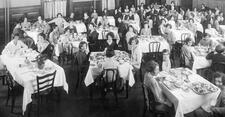
Clara De Hirsch Home for Working Girls
The Clara de Hirsch Home for Working Girls was established in May 1897 to provide housing, occupational training, and community to mostly poor and immigrant young women in New York City.
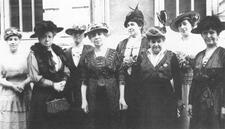
Club Movement in the United States
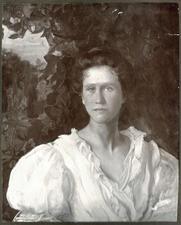
Hannah Floretta Cohen
Hannah Floretta Cohen was the first woman president of Britain’s traditionally male Jewish Board of Guardians for Jewish Poor Relief. She also promoted many other Jewish and non-Jewish charitable organizations to promote women's education, to benefit the sick and the elderly, and to encourage investment in the Palestine Mandate, through her public speaking, financial expertise, and administrative skills.


